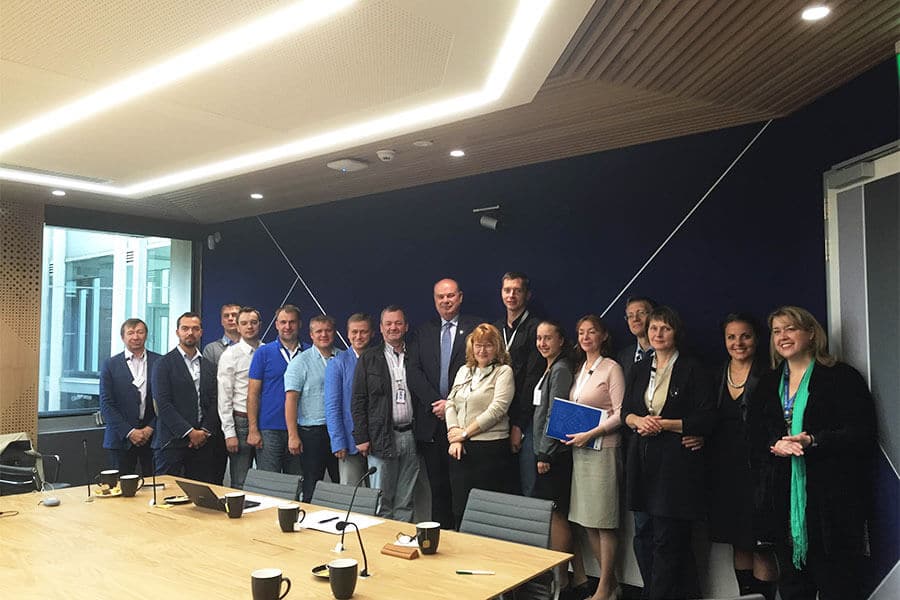Would you hire a handyman to rewire your house or a legal secretary to draft your will? Both know something about the task, but would you have confidence they could do the job properly? Interpreters and translators are specialists with qualifications and experience. A qualified person can add value to your business, whereas an unqualified person may cost you business.
Just because a person is bilingual doesn’t mean they are experts in those languages or have the tools and methodology to undertake an assignment. A professional interpreter or translator is likely to have specialist dictionaries, web-based language aids, professional indemnity insurance, modern computer equipment and an understanding of professional ethics. Professional translators and interpreters engage in ongoing specialist training and have a vast and specialised vocabulary.
Language transfer is a highly developed skill. For example, interpreters have to think on their feet, concentrate for long periods of time, acquire fast note-taking skills and conserve their voice.
Translators need to be able to research subject material, locate specialised terms quickly, convey the appropriate style or register of the original document, come up with translations for names, as well as create new terms and do it quickly – these skills are only acquired through training and practice on a regular basis. In addition, a qualified translator/interpreter needs a thorough, in-depth knowledge of the grammar of the target and source languages plus professional writing skills to handle different types of texts.
Sometimes a qualified practitioner must be engaged – for example in translation of legal and immigration documents and court interpreting. Any bilingual person will not do – unless you don’t care about the message you are sending.





